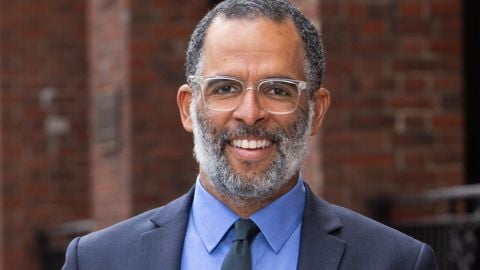Donald Dripps discusses that the Fourth Amendment’s text does not protect “persons, houses, papers and effects” but rather protects the right to be secure in persons, houses, papers and effects. The common law treated eavesdropping as a violation of the right to the security of the home.
Image courtesy of interviewee. March 27, 2024






